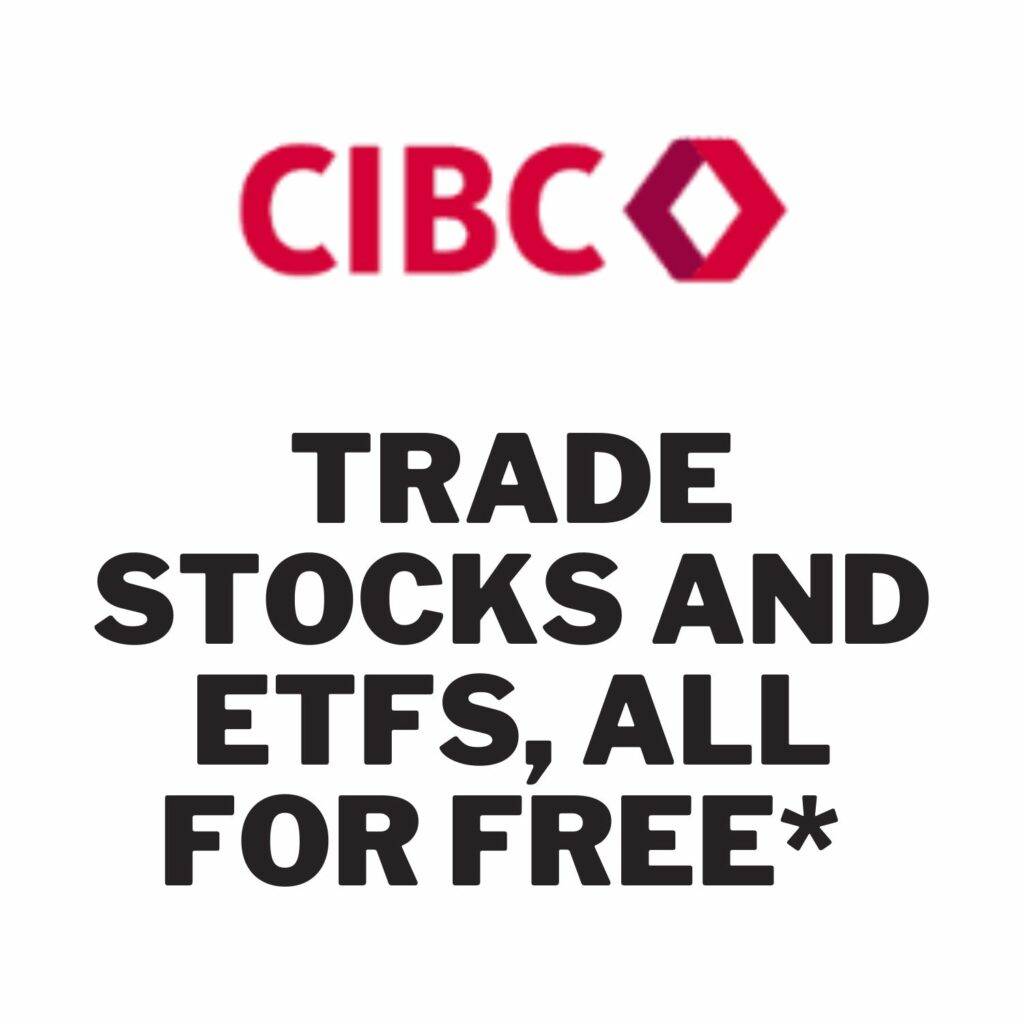In today’s investment landscape, All-in-One ETFs have become a staple for investors seeking diversified portfolios with a single purchase. Among these, iShares Core Equity – XEQT and Vanguard All-Equity – VEQT stand out as popular choices. In this post, we’ll dive deep into a comparative analysis of these two prominent ETFs: iShares Core Equity – XEQT and Vanguard All-Equity – VEQT. We’ll explore their historical performance, management fees, and asset allocation to help you understand how they fit into a long-term investment strategy.
All-in-One ETFs, also known as “wrapper” or “multi-asset” ETFs, are designed to offer a complete portfolio in a single ETF. They invest in a collection of other ETFs, providing exposure to a wide range of asset classes, including stocks and bonds across various geographic regions and sectors. This approach simplifies portfolio construction and management for investors, offering a diversified investment with just one trading decision.

XEQT vs VEQT Full comparison
Portfolio of holdings
VEQT (Vanguard All-Equity ETF Portfolio): VEQT diversifies its holdings across four Vanguard Canada ETFs. It’s exclusively invested in Canadian dollar-denominated ETFs, providing a blend of U.S., Canadian, and other global equities.
| Vanguard Canada ETFs | Proportion |
|---|---|
| Vanguard U.S. Total Market Index ETF (VUN) | 44.30% |
| Vanguard FTSE Canada All Cap Index ETF (VCN) | 29.67% |
| Vanguard FTSE Developed All Cap ex North America Index ETF (VIU) | 18.91% |
| Vanguard FTSE Emerging Markets All Cap Index ETF (VEE) | 7.12% |
XEQT (iShares Core Equity ETF Portfolio): XEQT holds a selection of iShares ETFs, including both Canadian and U.S. dollar-denominated funds. The ETF primarily targets U.S., developed international, and emerging markets.
| iShares ETFs | Proportion |
|---|---|
| iShares Core S&P Total U.S. Stock Market ETF (ITOT) | 46.34% |
| iShares MSCI EAFE IMI Index ETF (XEF) | 24.28% |
| iShares S&P/TSX Capped Composite Index ETF (XIC) | 23.97% |
| ISHARES MSCI EMERGING MARKET (XEC) | 4.76% |
Key Differences in Construction:
Currency Denomination
In terms of currency denomination, VEQT exclusively invests in Canadian-denominated ETFs. This approach offers a streamlined currency experience, reducing the currency risk associated with foreign exchange fluctuations for Canadian investors. On the other hand, XEQT includes U.S. dollar-denominated ETFs such as ITOT. This aspect of XEQT allows for broader currency exposure, which might appeal to investors looking to benefit from the diversification and potential gains from U.S. currency movements.
Market Exposure
Regarding market exposure, VEQT and XEQT differ in their geographic emphasis. VEQT tends to overweight Canadian equities and emerging markets. This focus might appeal to investors who are looking for more exposure to the Canadian market and growth potential in emerging economies. Conversely, XEQT leans more heavily towards developed markets outside of Canada. This allocation strategy provides a different balance in geographical exposure, potentially attracting investors who wish to increase their investment in more stable, developed international markets.
Indexing Strategy
Finally, the indexing strategy between VEQT and XEQT shows distinct approaches. VEQT is aligned with FTSE indices for its international holdings, and the Vanguard U.S. Total Market Index ETF (VUN) uses the CRSP Total U.S. Market Index. This strategy might affect the specific stocks and sectors included in the ETF. In contrast, XEQT employs a combination of S&P and MSCI indices for its underlying holdings. This diverse indexing approach can lead to slight variations in stock selection and regional weighting compared to VEQT. These differences in indexing strategies can be a significant consideration for investors focused on specific index performance or sector allocation.
Methodology
VEQT and XEQT, two ETFs, differ mainly in their criteria for portfolio allocation and management. VEQT exhibits a moderate home-country bias by allocating 30% to Canadian equities, aiming to reduce volatility, improve tax efficiency, and lower currency risk for Canadian investors. The remaining 70% of VEQT follows world market cap weights, adjusting as the global market composition changes. In contrast, XEQT allocates fixed weights, with 25% in Canada, 45% in the U.S., 25% in developed, and 5% in emerging markets. Both ETFs allow some discretion in rebalancing, but if significant market changes occur, both VEQT and XEQT are likely to adjust their allocations accordingly.
XEQT vs VEQT – Historical performance
XEQT vs VEQT – Allocation and MER
| % | MER | Equity | Bonds |
| VEQT | 0.24 | 100% | 0% |
| XEQT | 0.20 | 100% | 0% |
XEQT has a lower MER. The difference is not that significant though. Both ETFs are all equity ETFs with 100% allocation.
XEQT vs VEQT – Price, AUM and Dividend yield
| % | Div Yld |
| VEQT | 1.23 |
| XEQT | 1.53 |
XEQT and VEQT have the same number of holdings and both offer similar dividend yield and liquidity.

Geographic allocation comparison
| XEQT | Fund |
|---|---|
| United States | 43.79 |
| Canada | 24.00 |
| Japan | 5.88 |
| United Kingdom | 3.75 |
| France | 2.75 |
| Switzerland | 2.53 |
| Australia | 2.08 |
| Germany | 2.02 |
| China | 1.72 |
| Netherlands | 1.20 |
| VEQT | Fund |
|---|---|
| United States of America | 42.5% |
| Canada | 30.2% |
| Japan | 4.5% |
| United Kingdom | 3.1% |
| China | 2.5% |
XEQT and VEQT are both globally diversified ETFs offered by Vanguard Canada, but they have some differences in their geographic allocation.
XEQT has a more diversified allocation among countries with its top 3 allocations being United States (43.79%), Canada (24.00%), and Japan (5.88%). XEQT also has exposure to a broad range of countries, including France, Switzerland, Australia, Germany, and the Netherlands, which are not included in VEQT’s top allocations.
VEQT, on the other hand, has a higher allocation to Canada (30.2%) and the United States (42.5%), and has smaller allocations to Japan (4.5%) and the United Kingdom (3.1%). Additionally, VEQT includes exposure to China (2.5%), which is not included in XEQT’s top allocations.
Overall, both ETFs provide broad exposure to global markets, but their geographic allocations differ slightly. Investors may choose to invest in one or the other based on their personal preferences, risk tolerance, and investment goals.
Review: XDV – Ishares Canadian Select Dividend Index
Top 10 Best Canadian Dividend Stocks – 2024
8 Best Covered Call ETF Canada – High dividend yield
Which one to pick?
VEQT Vanguard All-Equity invests in four different ETFs managed by Vanguard. These ETFs are highly diversified and aim to capture the whole US and Canadian Market. The indexes used by Vanguard seem to offer a better coverage than those used iShares.
If we take a look at the Canadian market, Vanguard is using the FTSE Canada All Cap Index, whereas iShares is relying on the S&P/TSX Capped Composite. I personally prefer the FTSE Canada All Cap Index; I don’t see the advantage of using a capped index.
Vanguard’s VEQT invests more in emerging markets than XEQT iShares Core Equity (7.3% vs 4.6%). This further confirm Vanguard’s VEQT offers more diversification.
Considering all the above, I personally would opt for VEQT!

